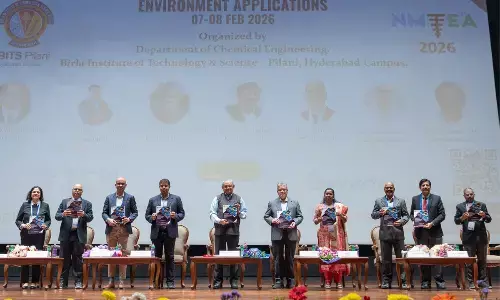SC upholds States’ rights to impose tax on minerals

In a setback to the Centre, the Supreme Court on Thursday held that royalty payable on minerals is not a tax and states have the legislative competence to impose taxes on mines and minerals-bearing lands.
New Delhi : In a setback to the Centre, the Supreme Court on Thursday held that royalty payable on minerals is not a tax and states have the legislative competence to impose taxes on mines and minerals-bearing lands. The verdict will give a boost to mineral-rich states like Jharkhand and Odisha as they urged the top court to decide on recovery of taxes worth thousands of crores rupees levied by the Centre on mines and minerals, till now.
The states urged the top court to make the verdict operational with retrospective effect to ensure refund of the taxes from the Centre. However, Solicitor-General Tushar Mehta, appearing for the Centre, vehemently opposed the submissions and sought that the verdict be made effective prospectively.
A nine-judge bench headed by Chief Justice DY Chandrachud asked the Centre and the states to file written submissions on this aspect, and said that it will decide the issue on July 31. By a majority verdict of 8:1, the nine-judge Constitution bench held that royalty payable on minerals is not a tax.
Chief Justice D Y Chandrachud, who read out the verdict for himself and seven judges of the bench, held that Parliament does not have the power to tax mineral rights under Entry 50 of the List II of the Constitution. Reading the operative part of the majority verdict, the CJI said the 1989 verdict of the apex court’s seven-judge Constitution bench, which had held that royalty is tax, is incorrect. “Royalty is not within the nature of tax as it is a contractual consideration paid by the lessee for the mining lease. Both royalty and dead rent do not fulfil the characteristics of tax. The judgement in India Cements (1989 verdict) holding royalty to be a tax is overruled,” the CJI said.
Royalties are payments that the user party makes to the owner of an intellectual property or real property asset. Under Entry 49, states have the power to levy taxes on lands and buildings, while Entry 50 allows states to impose taxes on mineral rights subject to any limitations imposed by Parliament by law relating to mineral development.
















